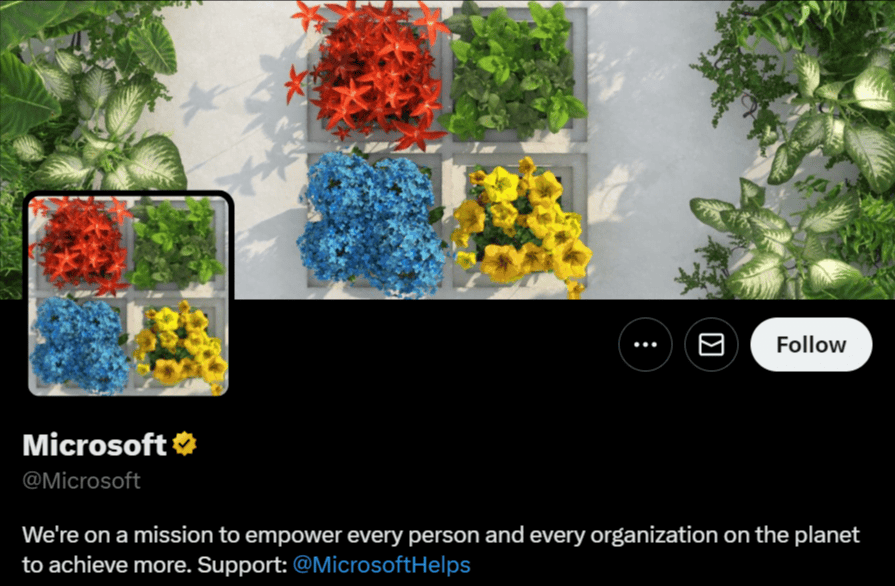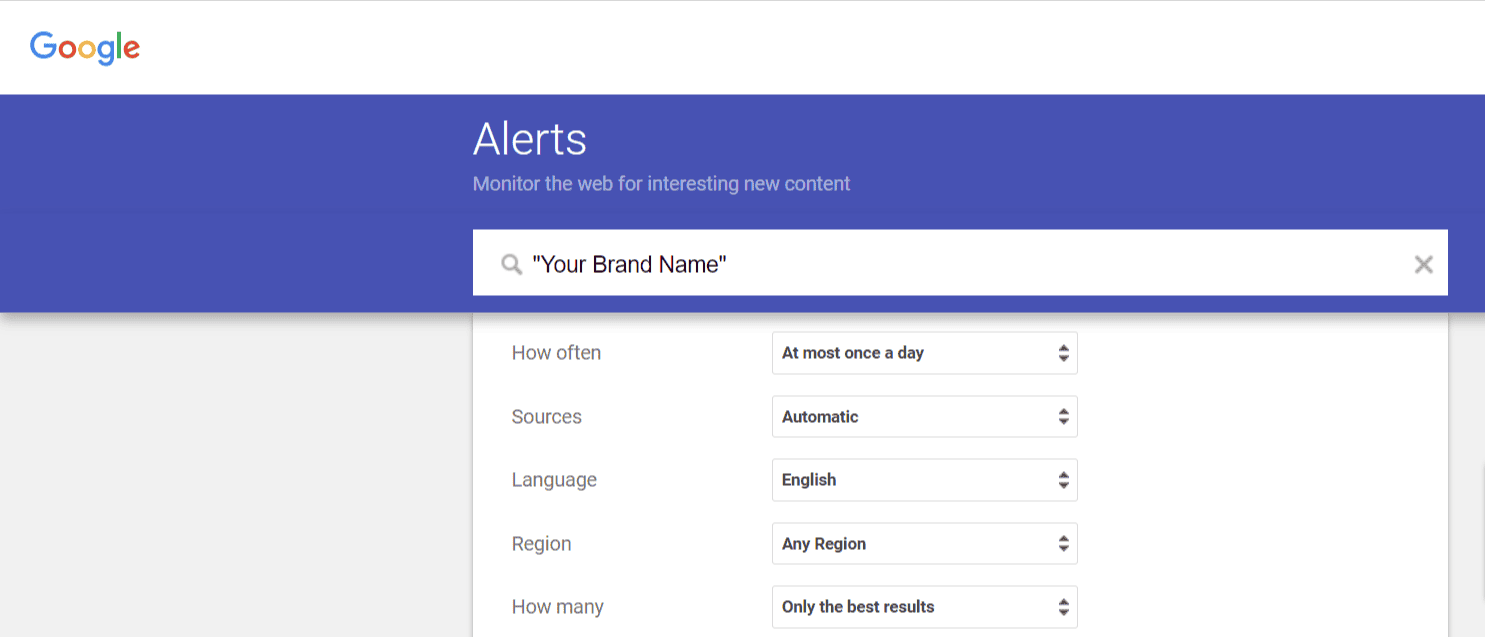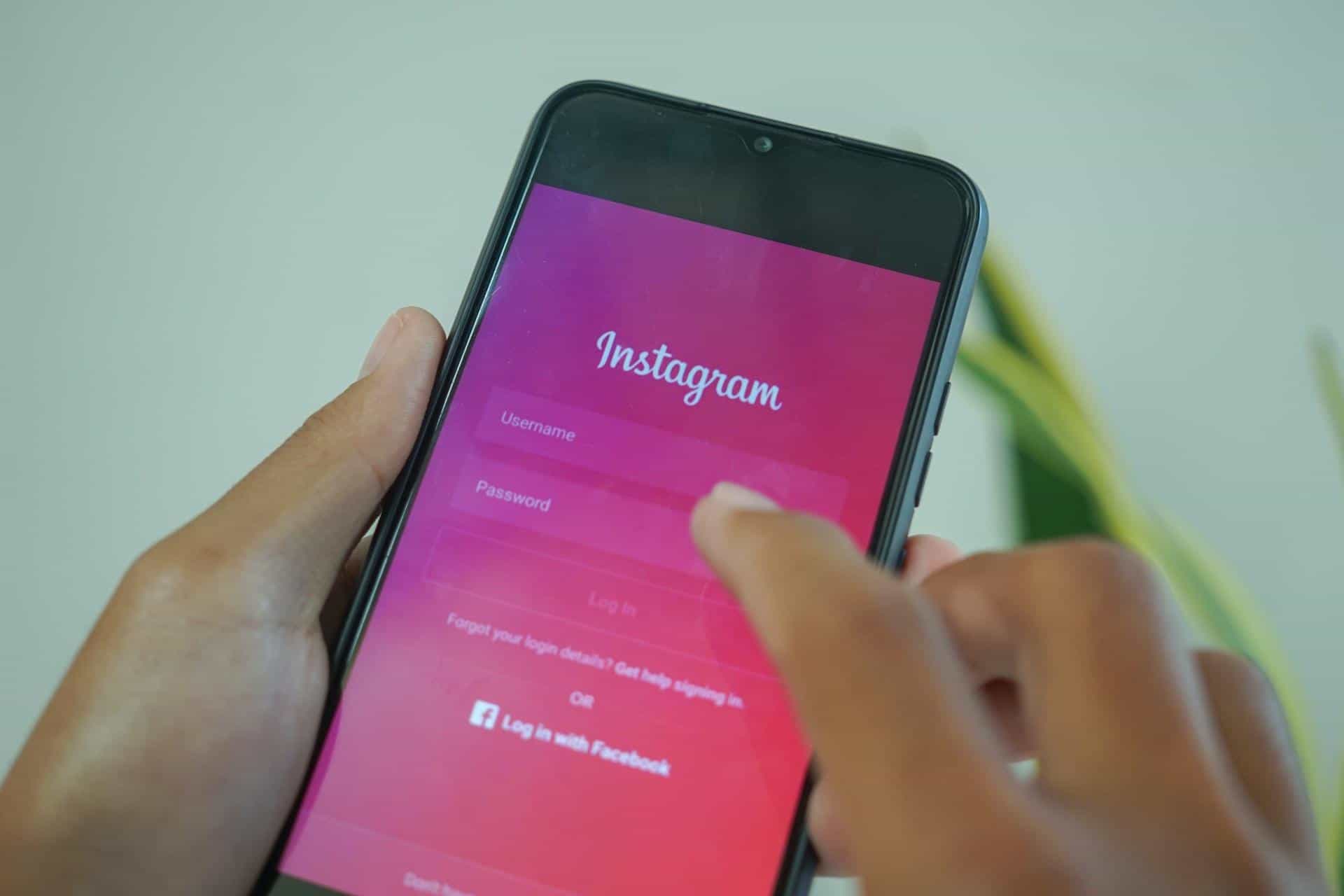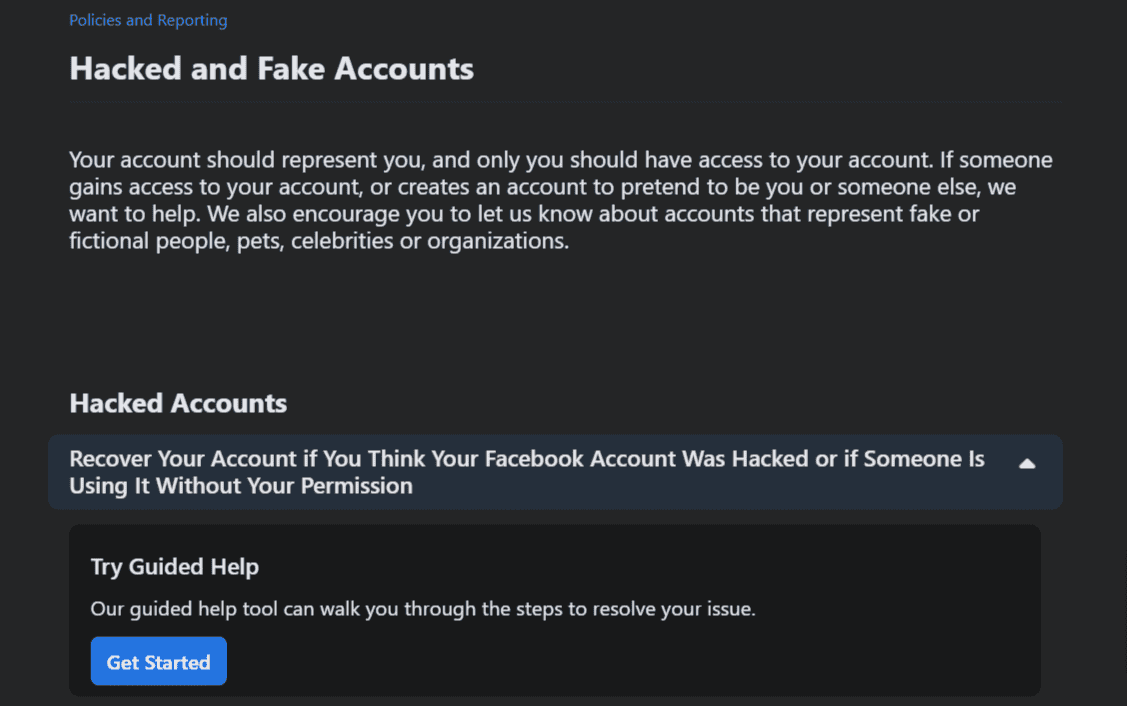Social media has become a commercial tool for businesses to connect with customers, build and maintain a brand, and drive sales. However, the openness and accessibility that make it so valuable can also expose your brand to significant unforeseen risks.
Let’s say you’re a brand owner and decide to carry out a routine X (formerly Twitter) search for mentions of your brand. But while you find lots of satisfactory engagement, you also stumble upon an unexpected and disturbing discovery: social media impersonation.
Your heart sinks as you find that this imposter is actively interacting with an audience and potentially misrepresenting your brand. They’re also spreading misinformation and undermining the trust you’ve painstakingly built.
This article will explore practical steps to help shield your brand from this threat. But first, an overview.
What Is Social Media Impersonation?
Social media impersonation is a deceptive and often malicious practice where a person or entity creates fake profiles on social media platforms, posing as someone else. In essence, they mimic the identity of a legitimate brand or individual through catfishing, profile cloning or hijacking, or brand impersonation.
Any brand can fall victim to this form of online identity theft. For various reasons, too. For instance, scammers could ride on the popularity of an enterprise VoIP solution in an attempt to steal sensitive customer data. Or they could impersonate an eCommerce website account to redirect potential buyers to counterfeit sites.
According to the FBI, these scams cost customers and brands over $2 billion between 2017 and 2022. And that’s in the United States alone. Considering many social media impersonations never get reported, chances are the actual figure is significantly higher.
The Dangers of Social Media Impersonation
Here’s how social media impersonation can negatively impact your brand.
Damage to Reputation
Think of your brand’s reputation as your online personality. When impostors post misleading or offensive content under your name, it’s like someone impersonating you at a party and saying embarrassing things. The result? People may begin to doubt your character or integrity.
That’s basically what happens with brand impersonation. When customers fall victim, they may begin to lose trust in your brand — even when they find out you weren’t involved.
Financial Losses
Many impersonators aren’t just online pranksters. Usually, there’s a more sinister agenda which could involve trying to trick people into paying for something that doesn’t exist. If customers fall for these tricks, they lose their hard-earned money.
Of course, that also means you lose out on legitimate sales, and your business takes a financial hit.
But even mischievous impersonation can be disastrous. In 2021, Eli Lilly’s stock price dropped when a fake account tweeted that the pharmaceutical firm was giving away free insulin — a claim that turned out to be false.
Customer Loss
Trust is the foundation of customer relationships. If your audience spots an impersonation of your social media account, they may lose faith in your online presence. That also means they’re less likely to patronize your business.
Case in point: in late 2022, Twitter rolled out verification check marks to anyone who could afford the $8 per month fee, as opposed to the previous “merit-based” assignment of the check mark. As a result, several brands soon saw multiple impersonators springing up. In the chaos that followed, some of them experienced dwindling customer numbers.
Legal Trouble
You may be tempted to turn a blind eye to impersonation, but what if your impersonators are breaking the law? They might, for example, engage in activities that are downright illegal or unethical. For instance, they could promote fraudulent schemes and violate laws in the process.
If this happens under your brand’s name, you could find yourself facing legal issues or lawsuits. Sure, you’ll likely beat any case against you, but that’s a headache no brand wants to deal with in the first place.

Free to use image sourced from Pexels
How to Protect Your Brand
Many businesses take their presence on social media for granted. They implement robust protocols to safeguard their infrastructure and invest in physical security measures.
They also employ secure payment processing and conduct audits for their finances and may even have a call center monitoring system in place.
Yet, more likely than not, they leave brand protection to chance. But, social media impersonation is a serious threat to your brand and bottom line if you neglect to put the right measures in place. Let’s get down to it.
Establish an Official Presence
The first step to ensuring your audience can recognize and trust your social media identity is to make it official.
Say a customer searches your brand name on a social network and finds two separate verified accounts — yours and an impersonator’s. Suppose they’re really interested in your product or service. In that case, they may dig deeper to unravel the original page, considering other factors like the brand voice, number of followers, engagement, and more.
But what if you didn’t verify your official page to begin with, and the impersonator took that initiative first? That’s quite possible these days on sites like Facebook and X. Then, the situation becomes more dicey.
If the customer doesn’t just move along, chances are they head over to the impersonator’s page instead of yours.
To claim your space, make sure you use your brand name as your username on all your accounts.

Screenshot from Microsoft’s X account.
When impersonators targeted Eli Lilly, it certainly didn’t hurt that the company’s name was available. For some reason, the firm preferred to use @Lillypad instead.
In addition, verify your pages across social media. Building on that, commit to posting high-quality content that’s relevant to your brand, products, and target audience. Your customers can quickly get used to your voice and style. And when a faker comes into the picture, they can readily spot the difference.
Monitor Your Brand’s Online Presence
So you’ve claimed your brand name across all social media platforms and made that your username and handle. What’s more, you’ve verified all your accounts, maybe even snagging a prestigious gold check mark to signal authenticity and credibility. It might seem like your work here is done, but there’s more to the story.
In our example, your potential customer still had to deal with another verified customer. And if your brand impersonator really puts their mind to it, they may have copied your posts or created content of equal quality.
The point is, claiming your brand’s name is just the beginning, but it doesn’t guarantee that your audience still won’t encounter confusing or misleading content. To truly protect your brand, you must monitor vigilantly.
Follow the three S’s to handle this:
- Sign up for social media monitoring tools that can help you track mentions of your brand across various platforms. SEMrush, Sprout Social, and Hootsuite are popular options.
- Set up Google Alerts. It’s a free service that can notify you whenever your brand is mentioned online, covering social media posts, news articles, and blog posts.

Image sourced from Google Alerts
- Search for your brand name on social media regularly. It’s still a good idea, even if you’re using monitoring tools. That way, you can identify any fake accounts that may have slipped through the cracks.
Also, don’t forget the importance of social CRM (Customer Relationship Management) systems to effectively manage your interactions with your audience and ensure a seamless and secure online presence for your brand. Social CRM tools can help you proactively address any issues or concerns that may arise on social media, strengthening your brand’s relationships with customers.
Don’t neglect your executives while you keep a watchful eye on your brand. According to Agri PhishLabs, a slight decline in brand impersonation in the second quarter of 2022 was met by an increase in the impersonation of executives.
Secure Your Accounts
The significance of strengthening the security of your social media accounts cannot be overstated. After all, it’s your first line of defense against impersonators who want to hijack your account by hacking it.
At the core of this defense lies your password. It sounds like a no-brainer that you shouldn’t secure your account with a “password” password. And yet that’s the most common password in the world, followed by “123456″ and “123456789”.

Free to use image sourced from Unsplash
If your brand name is NatureBloom Cafe, you certainly shouldn’t be considering NatureBloom123. It lacks complexity and fails to provide the robust security your brand needs.
So, don’t make it easy for impersonators by making predictable password choices. Use a combination of upper and lower-case letters, numbers, and special characters. Outsource the decision-making to a reputable password manager for best results. It can generate, store, and autofill strong, unique passwords for each account.
But to make it particularly challenging for hackers to breach your accounts, take things a step further by implementing Multi-Factor Authentication (MFA). It requires you to provide at least two separate forms of identification before gaining access to your accounts, effectively adding an extra layer of defense beyond your password.
Educate Your Followers
What’s better than protecting your brand on social media? Having your followers and audience join forces with you. Discord, video conferencing, and screen sharing software can all come in handy. Share real-life examples, engage in open discussions, and address any questions that pop up.
It’s like a strong neighborhood watch — when your community knows what to look out for and how to recognize your official brand, they become your first line of defense against the fakers.
Additionally, when collaborating with partners, suppliers, or influencers who have access to your brand’s information or represent your products, consider having them sign a Non-Disclosure Agreement (NDA). This legal document ensures that confidential information remains protected, reducing the risk of unauthorized disclosures and potential impersonation attempts. It makes sense to have an NDA template so you can quickly complete the process.
And if you’re wondering whether to adopt synchronous or asynchronous learning for these sessions, then why not leveraging both? If you have a means to gather your customers or community, consider hosting live webinars or Q&A sessions where you discuss the nuances of brand protection.

Free to use image sourced from Unsplash
On the other hand, you can also make educational posts, resources, videos, or infographics readily available to your audience. That way, they can access the information whenever needed and become informed brand warriors at their convenience.
Respond Quickly
There’s no use looking out for impersonation if you’re just going to act swiftly in response to impersonation on your account. You must swing into action as soon as you’re alerted to a faker because social media impersonation can escalate quickly, leading to confusion and potential harm to your brand.
When you respond promptly to social media impersonation, you:
- Mitigate the disaster. You’re containing the problem and reducing its spread.
- Reassure your customers. When they see you taking quick and appropriate action, it reassures them of your vigilance and responsiveness. It’s what they want to see in those circumstances.
- Limit and reverse the damage to your reputation.
How can you respond swiftly? To begin with, report impersonation as soon as you observe it. Every social media platform has a process in place for reporting fake accounts, so notify the support team immediately using the appropriate channel.

Image sourced from facebook.com
Next, address the issue publicly on your official social media accounts. It’s not uncommon for brands to think hiding the problem will make it disappear. Well, sometimes it does. But when it doesn’t, it blows up in your face and you have a PR nightmare to deal with in the bargain.
While that’s going on, you want to reach out to your followers affected by the impersonator. You can offer them multi-channel support and guidance through direct messages, emails, and contact center technologies and assure them of your plans to handle the situation.
And don’t be afraid to take up legal options if the case calls for it.
Prepare a Crisis Management Plan
A crisis management plan is your playbook for effectively managing and responding to impersonation incidents.
Sure, you hope you’ll never need it, but having one ready can prevent a small incident from becoming a major disaster. When something goes wrong, you know what exactly to do, and your actions are well-coordinated.
Start by identifying the potential threats to your brand from an impersonator, from negative publicity to customer pushback and financial losses. Assemble a response team with representatives from various departments, including HR, Legal, and IT. And then develop a set of guidelines for responding to each incident.
If the incident gets public, the reaction on social media can be brutal, so don’t forget a strategy for dealing with public outcry or ridicule.
Tackling Social Media Impersonation: Key Takeaways
Social media offers an avenue to build an audience, connect your brand to it, and generate sales. But there’s also the insidious threat that lurks beneath the surface, looking to exploit any vulnerabilities and compromise the integrity and reputation you’ve worked so hard to maintain.
Social media impersonation isn’t going anywhere soon. That said, when you take the right steps, you can minimize the risks and protect your brand from impersonators. This article provided six essential tips to fortify your brand’s defenses and keep its authenticity.
Something (or someone) may slip through the cracks. But with the right strategies in place, you’ll be well-prepared to respond quickly and efficiently.

